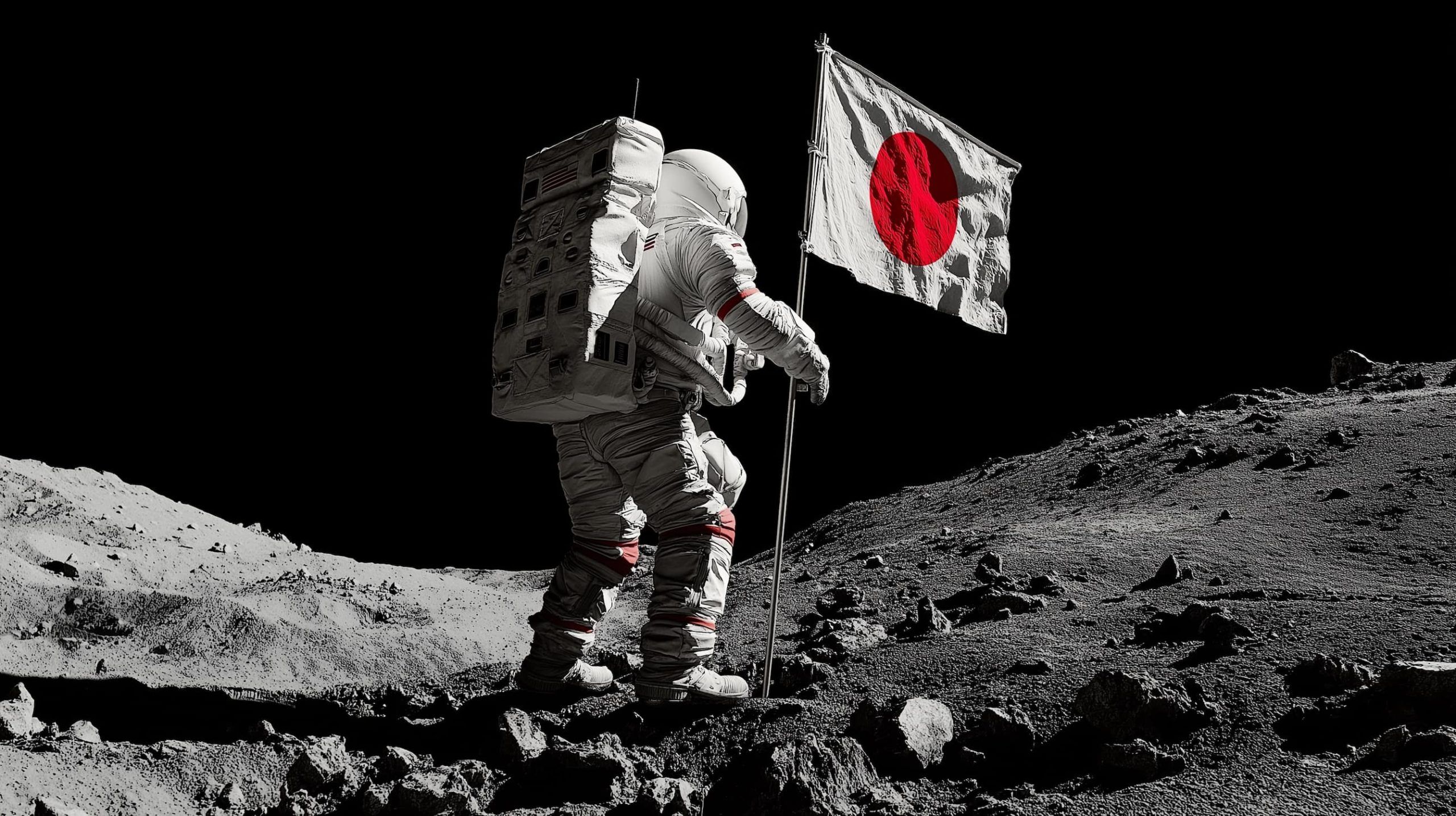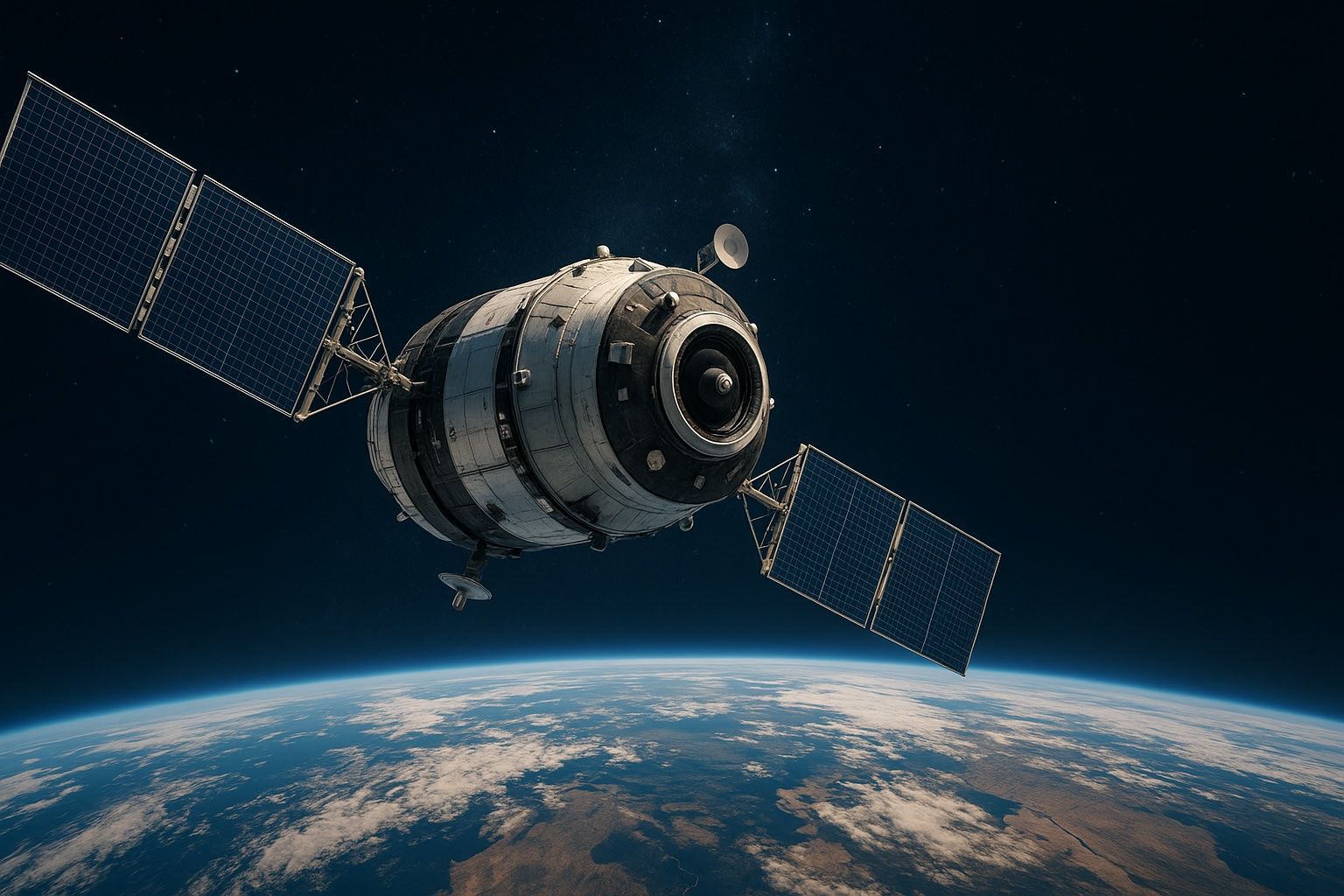
DOGE Goes DeFi? Meme‑Coin Rallies on ETF Hopes and Zero‑Knowledge Upgrade – October 2025 Market Report
Key facts at a glance Current market overview Dogecoin has enjoyed a resurgence during early October 2025. Real‑time data from Bitbo shows DOGE priced at $0.26 with a market cap near $24.92 billion bitbo.io. A 5‑day return of ≈10.5 % and a 1‑month




